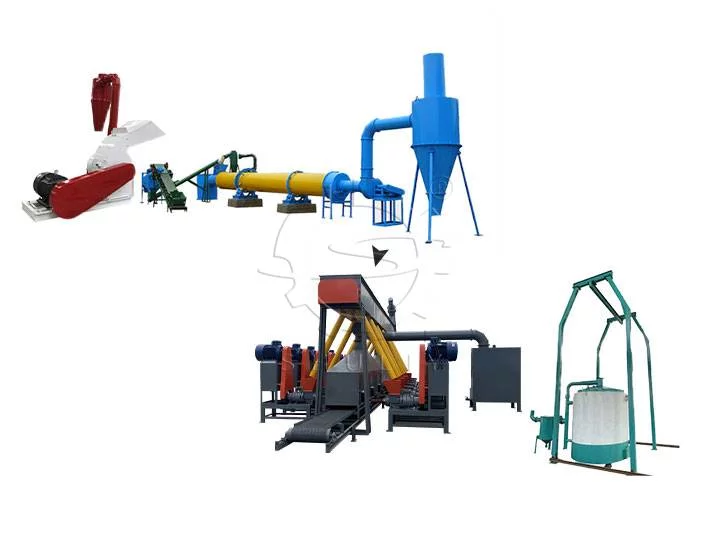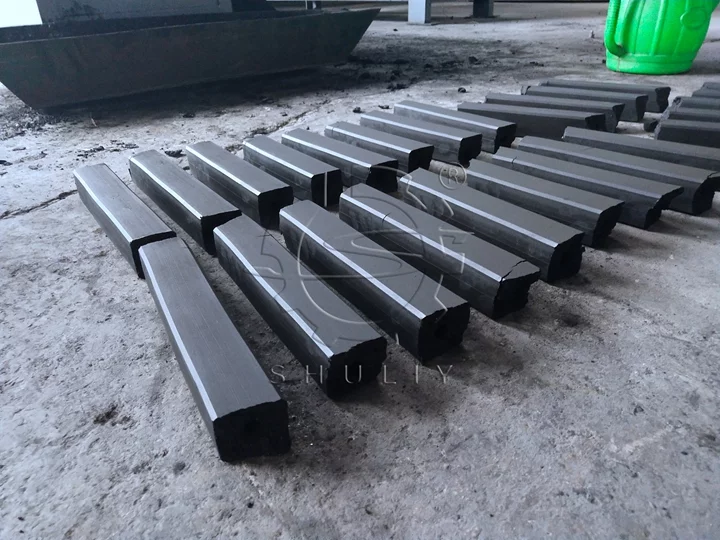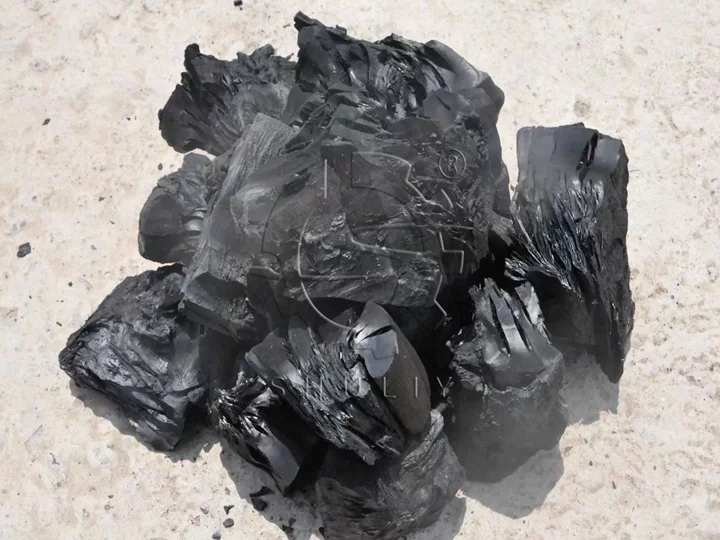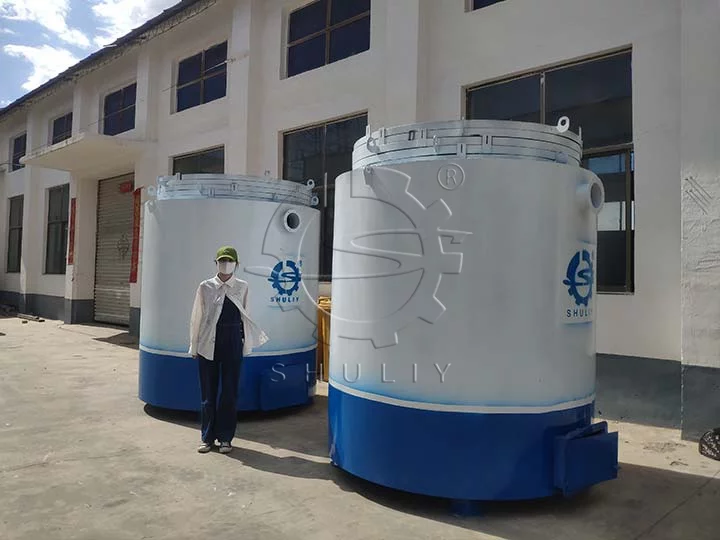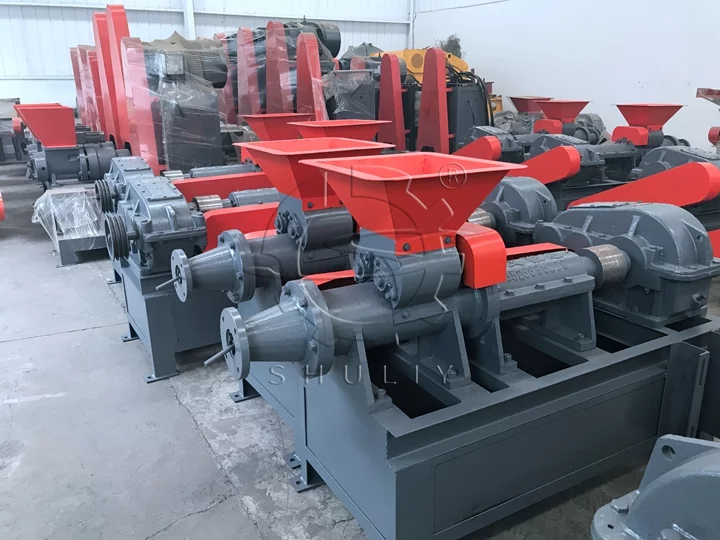Different Raw Materials for Charcoal Production
Different raw materials for charcoal production have their own advantages and disadvantages, and these factors will affect the quality, yield, and use of the final charcoal. The following are the advantages and disadvantages of common charcoal production raw materials.
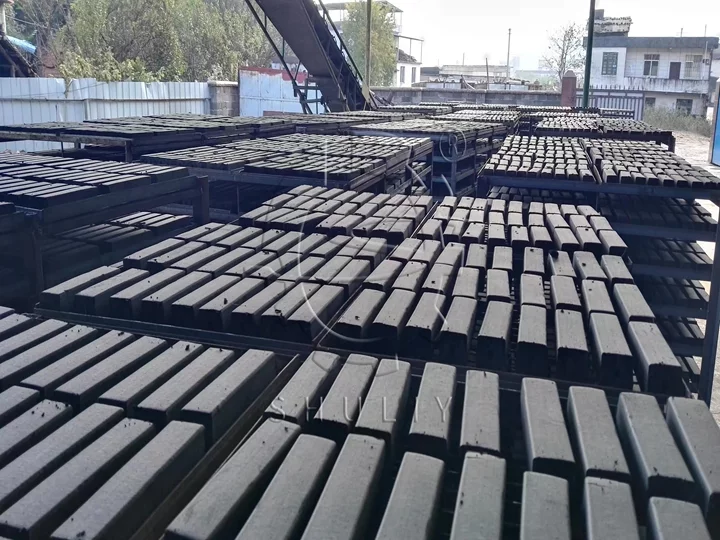
Wood
Advantages
- Abundant source: Wood is widely available as a common feedstock and is easy to collect and utilize.
- High calorific value: wood charcoal usually has a high calorific value and burns for a longer period of time, making it suitable for use in needs such as barbecues and heating in the field.
Disadvantages
- Takes time to mature: wood usually takes some time to mature and dry, affecting the efficiency of charcoal production.
- Renewability: the use of wood that has not been managed properly may have some impact on the environment, so the sustainability of wood resources needs to be emphasized.
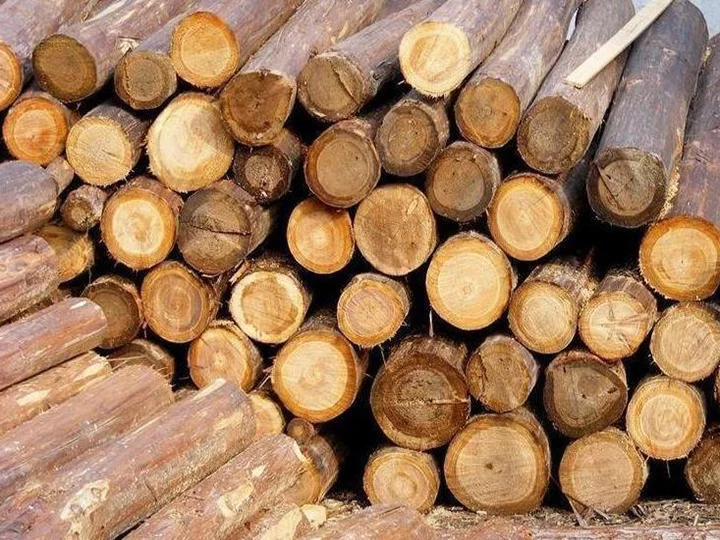
Coconut Shell
Advantages
- High density and calorific value: Coconut husk charcoal has a high density and calorific value and has a long burn time, making it an ideal fuel for barbecues and heating.
- Renewable resource: Coconut husk is derived from the husk of the coconut and is a renewable resource with a low environmental impact.
Disadvantages
- High cost: Coconut shell charcoal production can be costly, as coconut shells can be relatively complex to obtain and process.
- Dependence on specific regions: coconut husk is mainly sourced from coconut plantation areas, limiting the geographical scope of its production and supply.
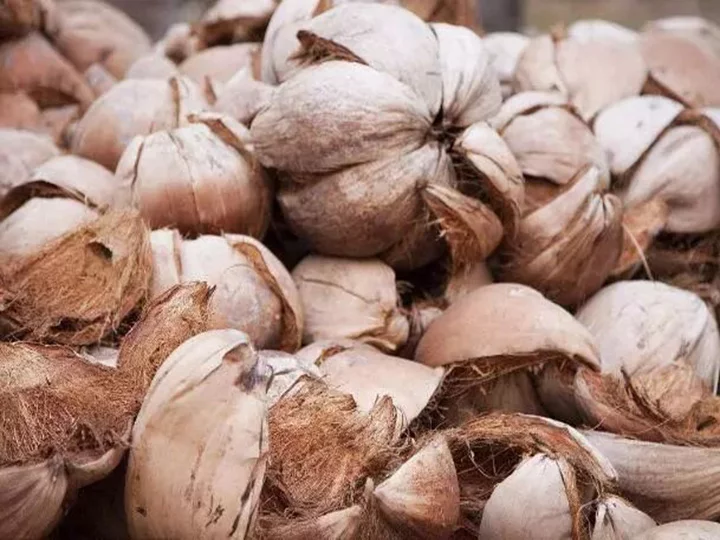
Bamboo
Advantages
- Fast growing: Bamboo grows quickly and is an efficient renewable resource.
- Lightweight and easy to light: Bamboo charcoal is relatively lightweight and easy to light, making it suitable for outdoor barbecues and campfires.
Disadvantages
The difficulty of carbonization: Due to the structural characteristics of bamboo, the carbonization process can be relatively complicated and requires special treatment.
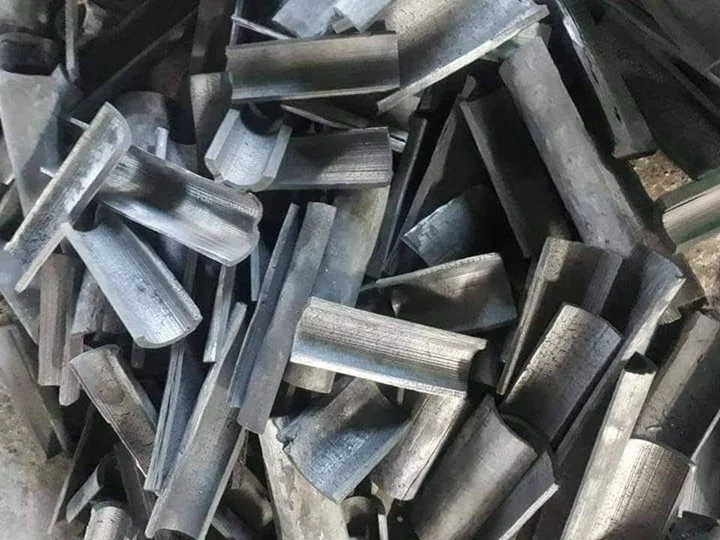
Peanut and Fruit Shells
Advantages
- Renewable resource: Peanut shells and fruit shells are waste from crops, using them to make charcoal helps reduce waste.
- Environmentally friendly: Using waste resources to make charcoal has less impact on the environment and is conducive to environmental protection.
Disadvantages
Relatively low yield: the yield of peanut shell and fruit shell charcoal may be relatively low and more raw materials may be needed.
The selection of different raw materials should be based on the specific use of charcoal, production cost, sustainability, and geographical location. Proper selection of raw materials is essential for producing high quality charcoal and also helps to protect the environment and achieve sustainable development.
If you want to make high quality charcoal, please feel free to contact Shuliy charcoal machinery. We will provide you with high quality charcoal production equipment, please feel free to contact us.

